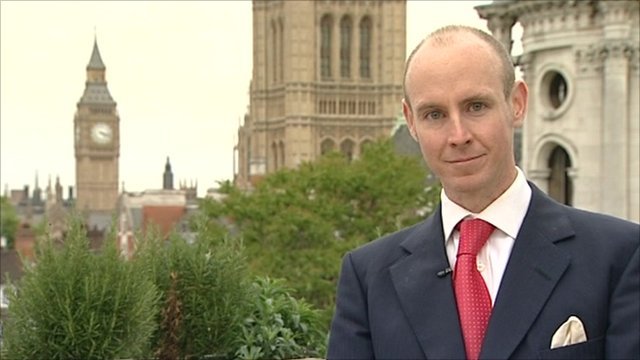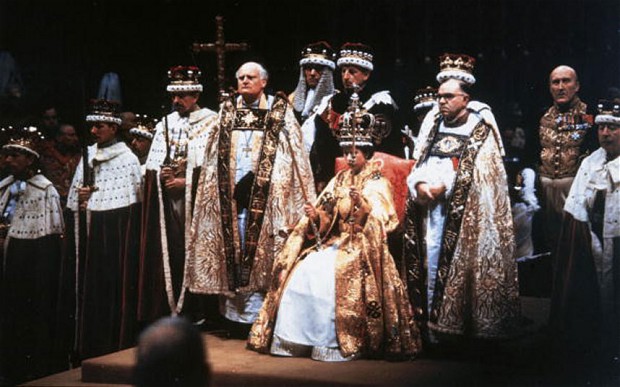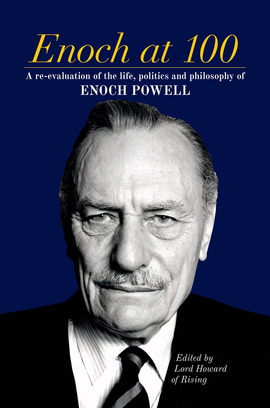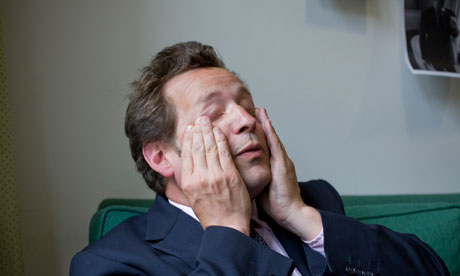Published by ConservativeHome
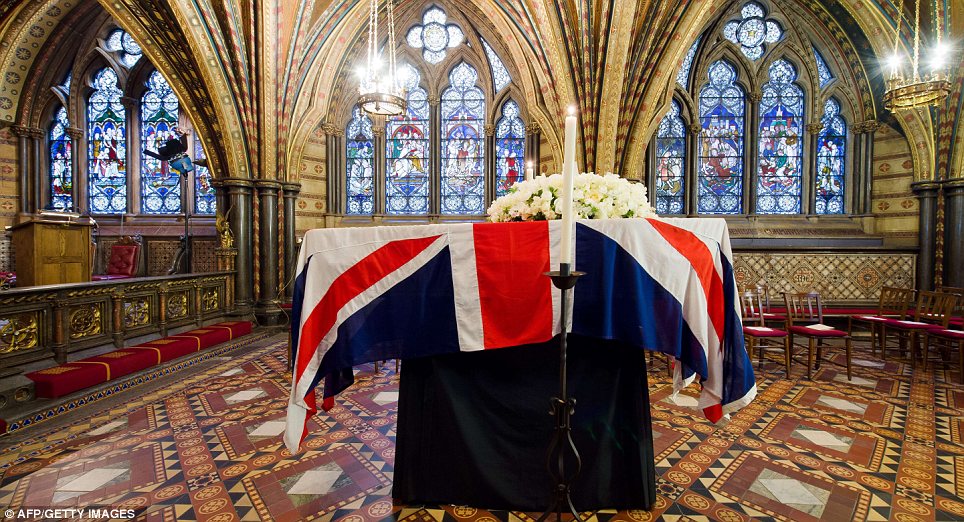
The chimes of Big Ben did not strike 10am. For three whole hours they were silenced in reverence, as London paused and the flags of England bowed. Draped in the red, white and blue of the country she loved, the coffin carrying the body of the late Margaret Thatcher made its way out of the Crypt of St Mary Undercroft, past the statue of Richard Coeur de Lion, the kingly symbol of England’s enduring Christian faith; and then past Cromwell, sword in one hand and Bible in the other, forever reminding us that the people are sovereign, Parliament is supreme, and God makes the law. And then she passed by Churchill, the last prime minister to defend these islands against invasion and the indignity of surrender to a foreign power.
Emmeline Pankhurst looked on, smiling at the fulfilment of her revolution. Nelson and the proud lions of Trafalgar joined in the homage – with spontaneous applause from the thousands who lined the streets to honour the longest-serving prime minister of the 20th century. She was, by popular consent, the greatest of our post-war leaders: after Churchill, the most remarkable and heroic of this second Elizabethan age. An intimate service in a Grantham chapel would have left the world asking: “What ceremony else?” So, black horses, a 1.5 ton gun carriage, cathedral bells, the insignia of the Armed Forces and the Queen herself all joined together in tribute to The Lady. Anything less would have shamed the nation. Continue reading →
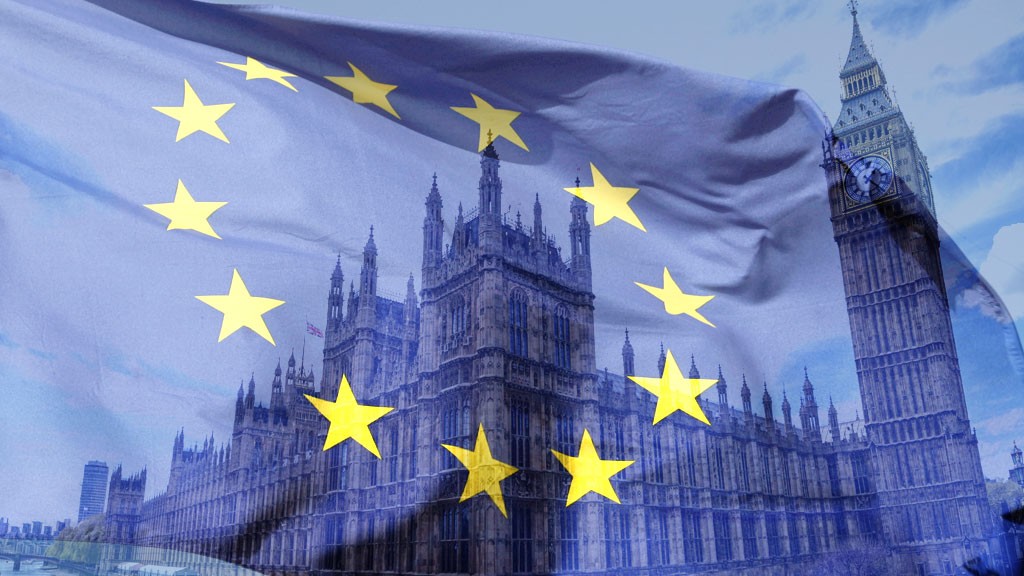 History is as multifaceted as truth is many-sided. In ages past it was written by the victors; today it is moulded by Bloggers, Vloggers, Tweeters and Tumblrs. Now we create our own democratic history on YouTube and forge our own relative truths on Facebook: the whole trajectory of social media is toward introspection, subjectivity, relativity and personal knowledge. What we say is honest and sincere, and whatever we believe is true. Continue reading
History is as multifaceted as truth is many-sided. In ages past it was written by the victors; today it is moulded by Bloggers, Vloggers, Tweeters and Tumblrs. Now we create our own democratic history on YouTube and forge our own relative truths on Facebook: the whole trajectory of social media is toward introspection, subjectivity, relativity and personal knowledge. What we say is honest and sincere, and whatever we believe is true. Continue reading 
